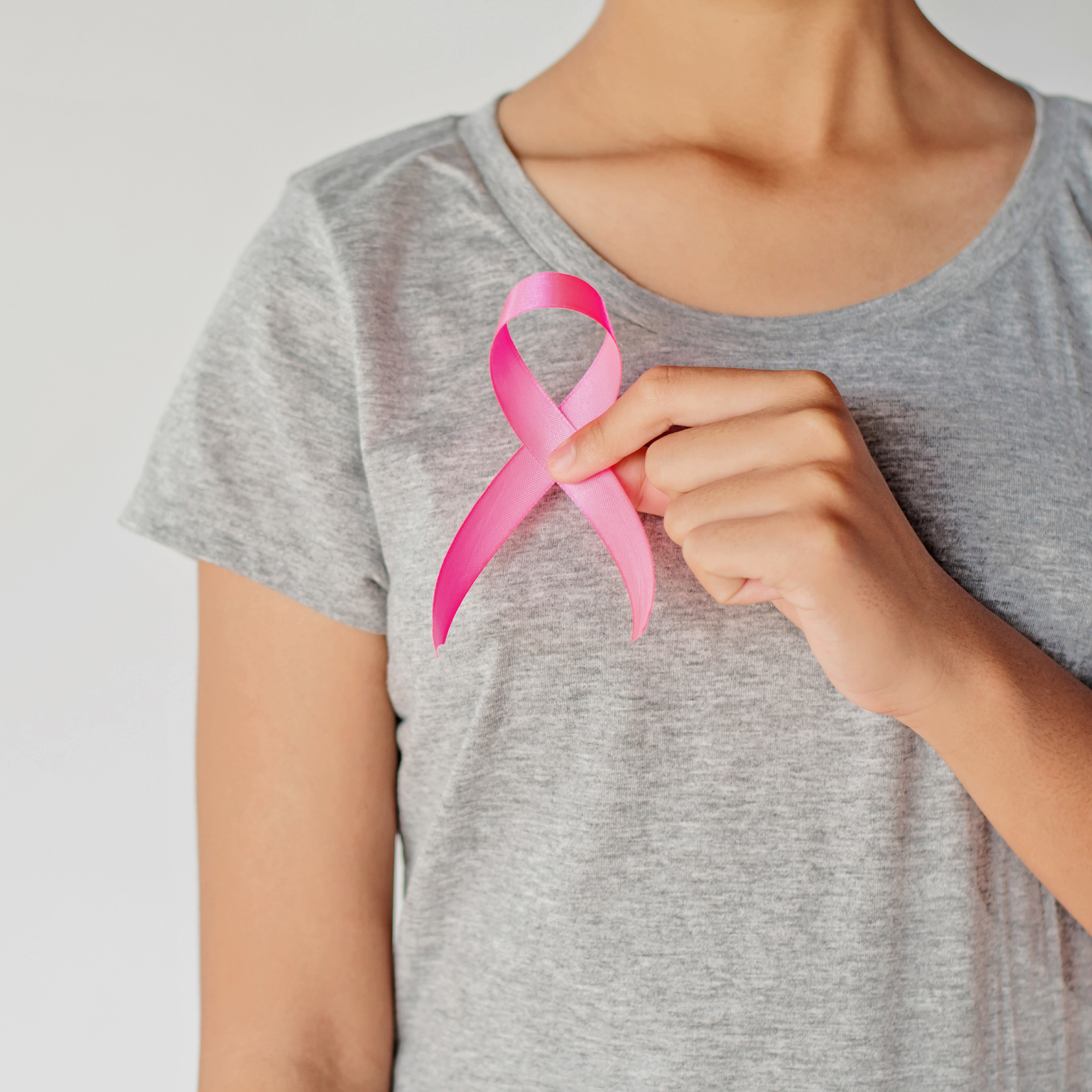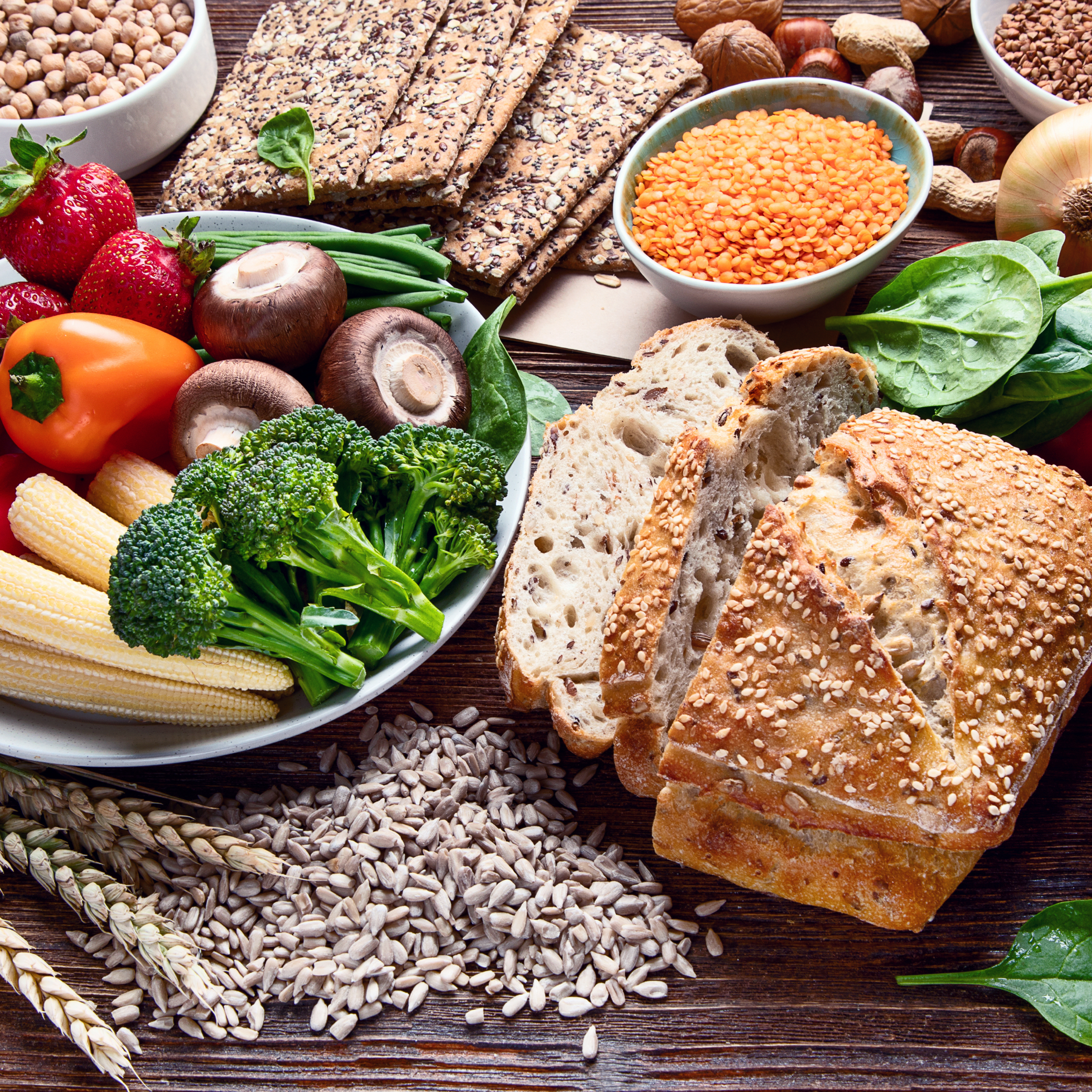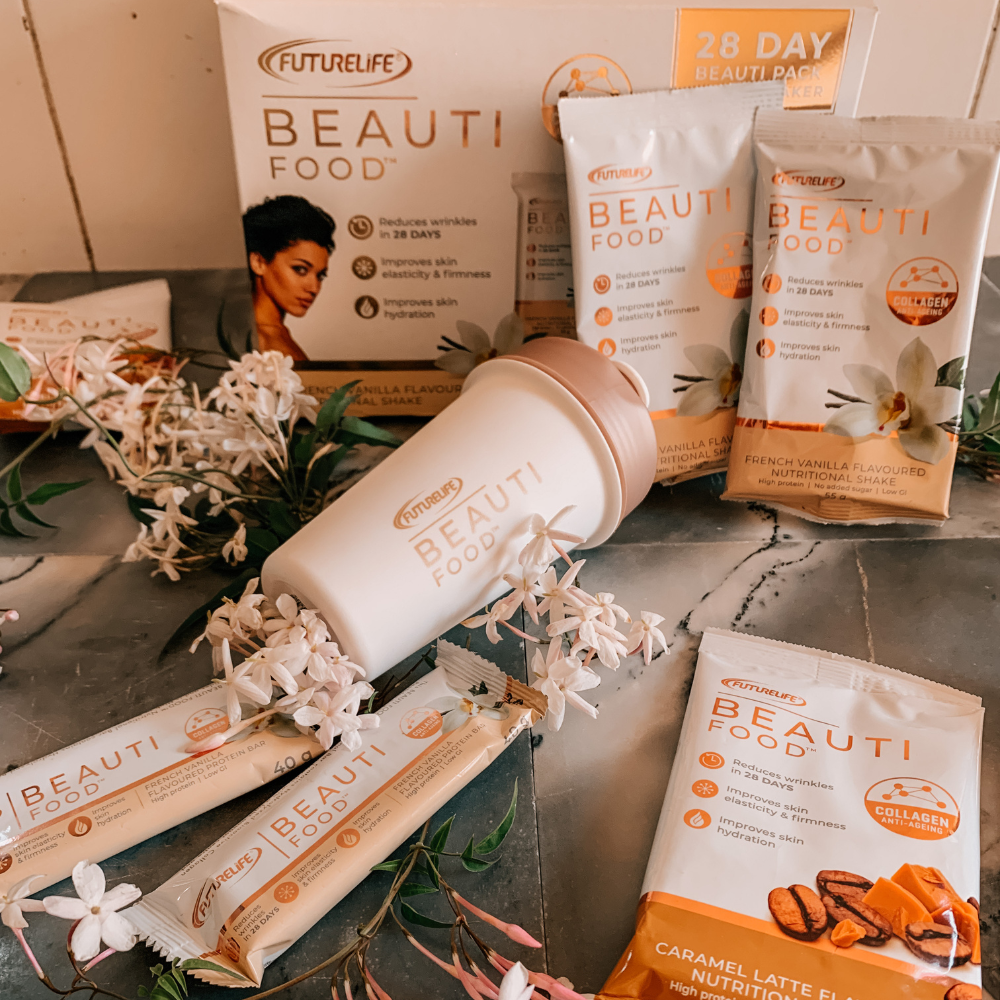BREAST CANCER: MYTHS; TRUTHS AND PREVENTION STRATEGIES

According to the National Cancer Registry of 2011, 1 in 29 South African women have a lifetime risk of breast cancer1. Take a look around the room and let this shocking figure sink in. Now some of you may think you’re too young to get breast cancer. Or, because you are a male it doesn’t concern you. Before you turn the page and say you’ve heard it all, take a look at the myth busters below:
|
MYTH |
TRUTH |
|
Only older women get breast cancer. |
Statistics backed by the Cancer Association of South Africa (CANSA) reveal that “many women under 40 are diagnosed with breast cancer”2. |
|
Breast cancer only affects women. |
According to the CANSA association,”1 in 922 men have a lifetime risk of breast cancer”2. Although this is a small percentage, men have a higher mortality than women largely due to the lack of awareness among men. |
|
Most women who have breast cancer have a family history of the disease. |
Family history of breast cancer refers to having two or more first- degree relatives (e.g. mother, sister or daughter) or second-degree relatives (e.g. aunt, niece or grandmother) who have had breast cancer. Although the risk for developing breast cancer does increase with the higher number of affected relatives when compared to women who do not have any affected relatives, only about 10% of individuals diagnosed with breast cancer have a family history of the disease2. |
|
Women who have never had children can’t get breast cancer. |
Women who have never had children or only had children after the age of 30 have an increased risk of breast cancer3. |
|
Finding a lump on your breast means you have breast cancer. |
A small percentage of breast lumps are cancerous. With that said, never ignore a persistent lump in your breast or any change in the breast tissue. It is imperative that you visit a physician for a clinical breast exam2. |
|
Antiperspirants and deodorants cause breast cancer. |
According to the National Cancer Institute (NCI) there is no “conclusive evidence linking the use of underarm antiperspirants or deodorants and the subsequent development of breast cancer”4. |
So now that you have the facts, what preventative measures can you take?
Here’s the formula to decrease your risk for cancer:
|
Risk = Hazard x Exposure |
What does this mean?
Say for example you have an individual outside in the midday sun. If this individual doesn’t use sun protective measures and exposes themselves to the midday sun, then they have taken the hazard of the sun and turned it into a risk for skin cancer. But, if the person uses sun protective measures, the exposure of the person to the hazard (the sun) decreases. Hazards don’t always translate into risks but it is important that you decrease your exposure to hazards in order to decrease your risk for cancer.
TIPS TO DECREASE YOUR RISK FOR BREAST CANCER:
- Lose the booze
The research is controversial in terms of the associated risk for breast cancer however the general consensus is that if you do drink alcohol, do so in moderation.
Why? Alcohol consumption increases oestrogen levels in the body. It is believed that alcohol consumption increases the risk of oestrogen sensitive cancers through this pathway.
What is a moderate amount of alcohol? According to the Dietary Guidelines for Americans, "moderate alcohol consumption is defined as having up to one drink per day for women and up to two drinks per day for men”5. A unit of alcohol is 1 tot of spirits (whiskey, vodka, brandy etc.), 150ml wine or 360ml beer.
- Deflate your weight
Overweight and obesity (BMI > 24.9kg.m2) puts you at an increased risk of postmenopausal breast cancer. Follow the tips below to ensure that you maintain a healthy weight:
- Do not skip meals. Skipping meals causes you to over eat later and has long term effects of slowing down your metabolism.
- Eat smaller portions. Rather have small, frequent meals.
- Choose low GI foods. These foods are digested slowly and help to keep you fuller for longer (look for the low GI endorsement on our wide range of FUTURELIFE® products).
- Increase your fibre intake. Sources of fibre should contain >6g fibre per 100g (FUTURELIFE® HIGH PROTEIN Brown Bread™ contains 6.1g fibre per 100g. FUTURELIFE® Bran Flakes and Barley Probiotic Capsules is a high fibre breakfast option containing 21.9g dietary fibre per 100g).
- Snack on healthy foods such as fruits, nuts and bars like FUTURELIFE® HIGH PROTEIN LITE Bar.
- Increase your fruit and vegetable intake- include at least 5 fruits and vegetables in your daily diet (1 portion of fruit= 1 small fruit approximately 120g. 1 portion of vegetables = ½ cup cooked vegetables or 1 cup raw vegetables).
- Eat less saturated fat which is found in fried foods, pastries, pies, cakes, take-aways, full fat cheeses, processed meat boerewors, dry wors, chips, biscuits. Eat more of the “good” mono-and poly- unsaturated fats like avocado, peanut butter (no sugar or salt added), olive oil, nuts, seeds, fish).
- Drink plenty of water. The general recommendation is to drink 2L or 8 glasses of water daily.
- Walking brisk to minimize risk
Regular exercise will help you to maintain a healthy weight which decreases your risk for postmenopausal breast cancer. Research has also shown that regular exercise can decrease your risk for breast cancer if you’ve never been diagnosed as well as breast cancer recurrence if you’ve been previously diagnosed5.
Remember that exercise does not only include aerobic exercise such as walking, jogging, running, swimming and cycling. There are two other types of exercise. These include flexibility exercise (e.g. Pilates, yoga, tai chi and strength/resistance exercise) and weight training which may include weight plates, barbells or dumbbells. Ideally your exercise program should include a warm-up and cool-down session with all three types of exercise mentioned above.
- Look without getting a spook
When the word examination is mentioned, most people automatically tense up their shoulders and get nervous. Try to stay calm. Take charge of your health by doing monthly breast self-examinations (follow the easy steps found on the CANSA website http://www.cansa.org.za/files/2016/10/WH-Breast-Cancer-Bk-Mark-2016.pdf) and going for regular clinical breast examinations. The CANSA association recommends that “symptom-free women from the age of 40, should go for a mammogram (a special x-ray to detect lumps in the breast) every year”7.
CONCLUSION
There will always be controversial information about breast cancer on various different platforms. Make sure that you stay informed and up to date on scientific evidence from credible sources. Prevent yourself from being a statistic. Make a concerted effort to decrease your exposure to hazards in order to reduce your risk for breast cancer. Remember that your choices from day to day impact your future. Even the smallest lifestyle and dietary changes can start paving the way to a healthier you.
WHERE DOES FUTURELIFE® FIT IN
Healthy eating doesn’t have to be boring or bland. FUTURELIFE® has a wide range of versatile products which can be used to make nutrient packed smoothies, wholesome high fibre muffins and even low GI gourmet sandwiches. Visit www.futurelife.co.za for recipes and more information on which FUTURELIFE® products are best suited to your nutritional needs.
REFERENCES
- http://www.cansa.org.za/files/2016/08/Fact-Sheet-Incidence-Cancer-Among-Females-2000-to-2011-NCR-2011-web-Aug-2016.pdf
- http://www.nationalbreastcancer.org/breast-cancer-myths
- http://www.cansa.org.za/breast-cancer-warning-signs-myths-facts/
- https://www.cancer.gov/about-cancer/causes-prevention/risk/myths/antiperspirants-fact-sheet
- https://www.cancer.gov/about-cancer/causes-prevention/risk/obesity/obesity-fact-sheet#q4
- http://www.fao.org/nutrition/education/food-based-dietary-guidelines/regions/countries/united-states/en/
- http://www.cansa.org.za/files/2016/10/WH-Breast-Cancer-Bk-Mark-2016.pdf
- http://www.breastcancer.org/tips/exercise








